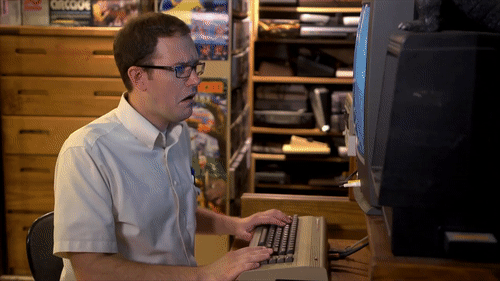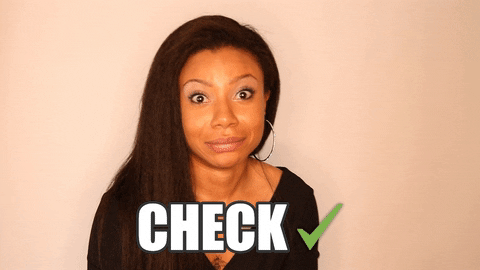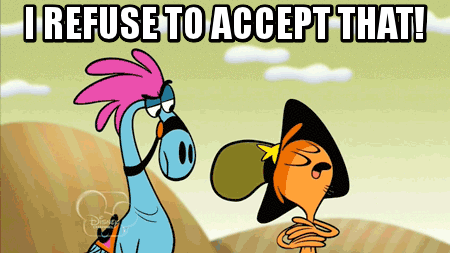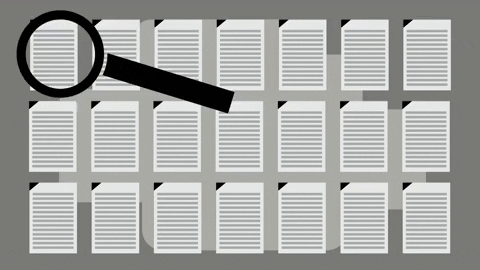
Not all information found online can be trusted. Some sources promote individual opinions, others are intentionally misleading or biased. This called "fake news".
With a little bit of effort and experience, you can learn to distinguish between credible information and information that shouldn't be trusted.
When reading about something online, ask yourself:
What's the source?
Who's the author?
Has it been verified?
What are my personal biases?
What's The Source?
Signs that it's most likely an accurate source ✔️
Source provides evidence to support the topic discussed
The site lists multiple citations, links, or other data
The last 3 letters of website are educational (.edu) or government (.gov)
These sites are more likely to contain facts and analysis that aren't influenced by emotion, opinion, or biases.
Signs it's less likely an accurate source ❌
Website isn't updated
Information is from a personal site where opinions are expressed
Poor design, broken links, and grammatical errors
Who's The Author?
 Ask yourself these questions before using resources from the internet:
Ask yourself these questions before using resources from the internet:
Is the name of the author/creator on the page?
Are their credentials listed (occupation, years of experience, position, or education)?
Is the author qualified to write on the given topic? Why?
If the author is with an organization, does it appear to support or sponsor the page?
If the owner isn't identified, what can you tell about the origin of the site from the address or "about" page?
Has It Been Verified?
Academic papers are usually peer reviewed. Established media outlets have processes in place to fact check their materials. Links to sources, emphasis on facts and multiple opinions are all signs of high-quality, accurate information.

Typographical, grammar and spelling errors show low quality of the information, which often means it can't be trusted. The same is true for websites that look amateurish and unprofessional.
Lastly, try verifying the facts yourself. If you're able to find mentions of the same events by independent sources, then the information is likely to be correct.
Quiz
Which of the sources below is likely to be the least accurate source of information?
What Are My Personal Biases?
 Be aware of your personal biases. People tend to trust information that resonates with our own beliefs and dismiss facts that don't conform to our worldview, whether or not the facts are correct.
Be aware of your personal biases. People tend to trust information that resonates with our own beliefs and dismiss facts that don't conform to our worldview, whether or not the facts are correct.
Try to keep an open mind and consider different points of view.
Take Action

Are there any websites you'll think of differently now?
It's important to be critical of any information you find online. Web pages aren't always factual and can be altered and removed.
Carefully examine all information found on each site.
Check out more Bytes on the CRAAP test:
Your feedback matters to us.
This Byte helped me better understand the topic.
